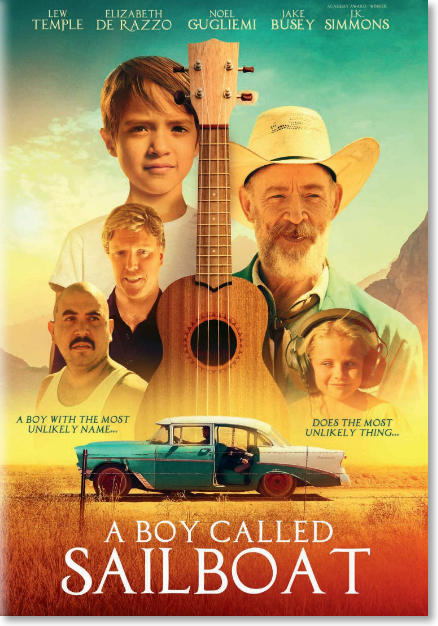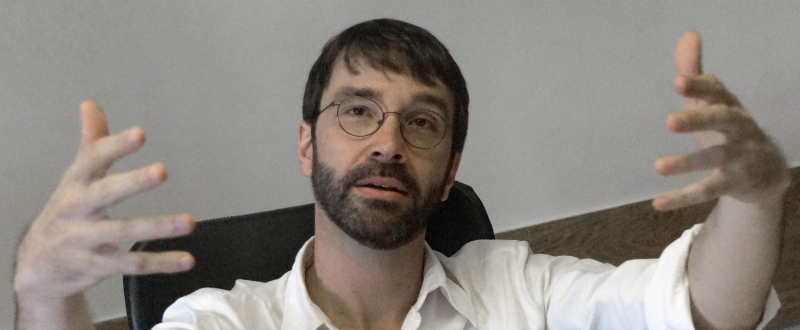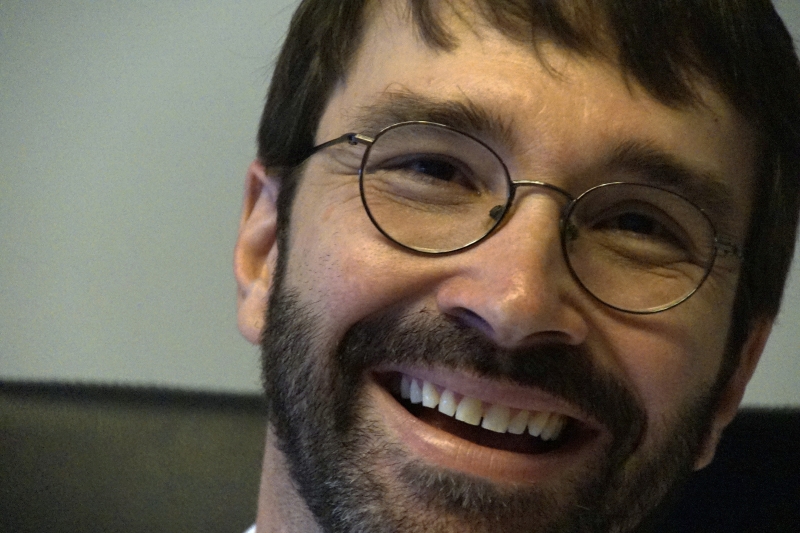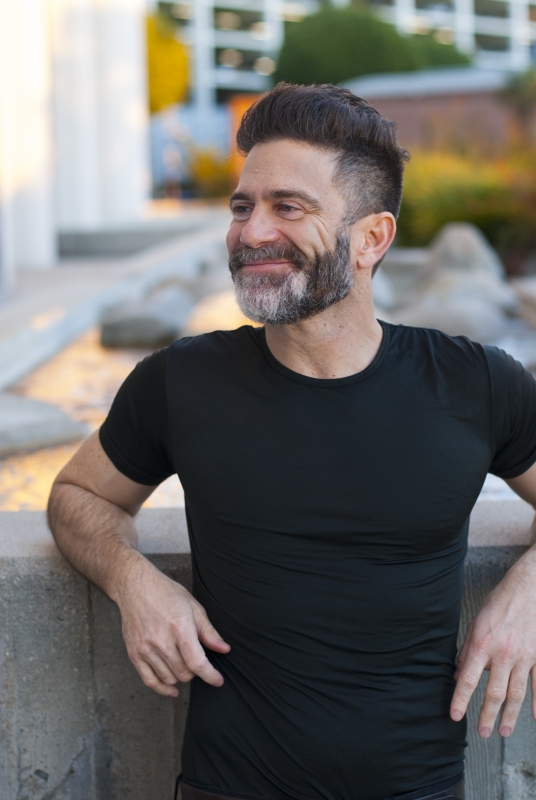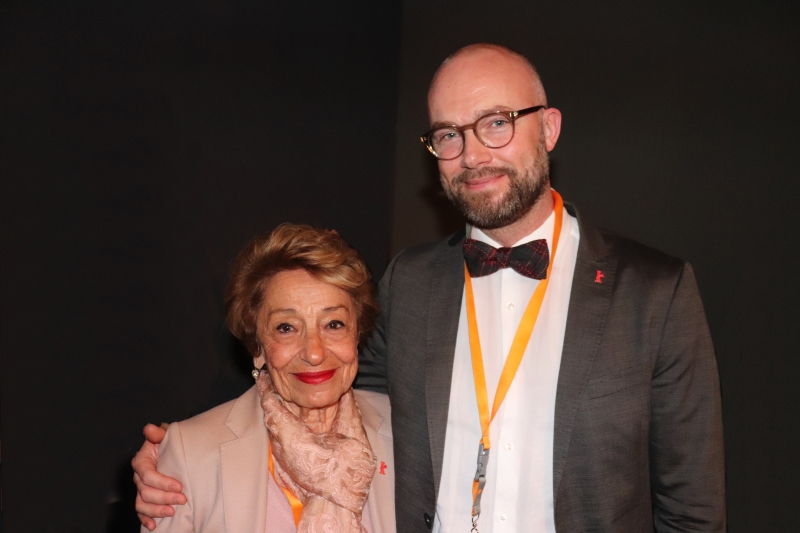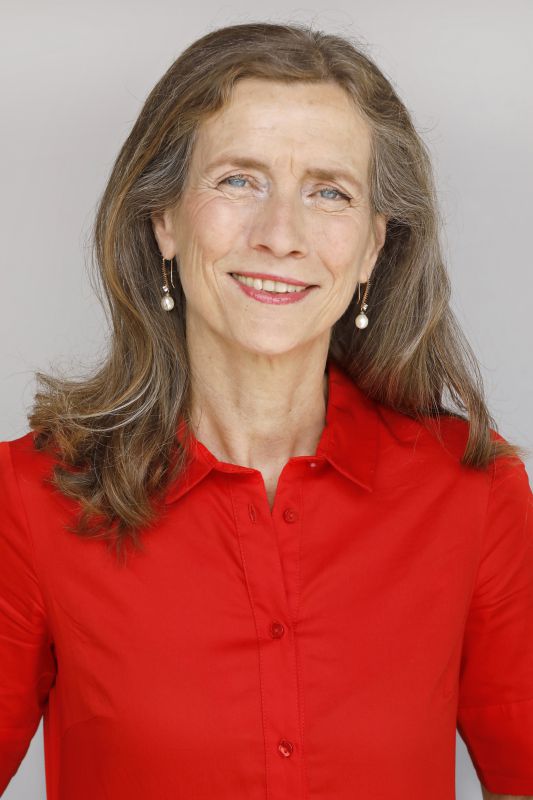After close to two decades as the director of the Berlin Film Festival, the Berlinale, Dieter Kosslick, who had expressed some desire to extend his contract, was replaced by Carlo Chatrian, former artistic director of the Locarno Film Festival. Chatrian will have the same position at the Berlinale and Mariette Risssenbeek, former managing director of German Films. will be the new executive director. Kosslick combined both positions during his service but expressed already in 2017 that he no longer wanted to continue as both the festival director and the CEO. Germany’s minister of culture, Monika Gruetters, selected Chatrian and Rissenbeeek. They have been contracted for five years to run the festival, a complex and difficult task. Under Kosslick, the Berlinale has grown into the world’s largest public international film festival. In 2019 it had an audience of close to 500,000 and programmed more than 400 films with 751 additional productions presented at its well-established European Film Market, EFM. Similar outcomes were achieved in 2020, though the festival films declined to 342. The 70th edition of the Berlinale held from February 20 – March 1,2020 had 18,518 accredited guests from 132 countries and 3,447 journalists from 82 countries. EFM was attended by 11,423 industry participants exceeding the 10.964 who came in 2019, 564 exhibitors and featured 732 films. 150 cancellations from China and other countries because of the Corona Virus and the management change of the festival by a new team did not diminish the Berlinale. To the contrary it seemed to be growing. The 2020 annual budget was about $30 million, including a large proportion of federal, state, and city funding, as well as contributions by corporate sponsors and partnerships with numerous German state film and media foundations. The Berlinale has become a massive and popular enterprise.
Kosslick was instrumental in the growth of the German film industry by making German films a crucial component of the festival, which had been neglected before his tenure starting in 2001. Until that time, he was director of the Duesseldorf based NRW (North Rhine Westphalia) Film and Media Foundation (FMS). At FMS he emphasized funding for German and international co-productions. With a 2020 budget of $40 million FMS is second only to the Bavarian Film and Television Fund’s $43 million budget, the largest German state public fund apart from the other German state funding agencies. In 2020, FMS had 28 productions in the Berlinale program and two films in the competition, Christian Petzold’s UNDINE and Burhan Qurbani’s BERLIN ALEXANDERPLATZ. Overall, public state funds provide $330 million for film and television productions, of which $27 million is earmarked for television series. On the federal level, the German Federal Film Board administers three funds to attract international productions to strengthen German films, totaling $153 million.
Few would dispute Kosslick’s contribution to the growth of the German film industry and his transformation of the Berlinale into an international film festival. It is ranked alongside with Cannes and Venice as one of the three most important international fests, has become the world’s largest public film festival, and created the European Film Market which competes second in size with the Cannes and American Film markets. In his 18 years as the director, Kosslick had to meet the frequently contradictory demands of artistic, economic, and political stakeholders. He succeeded in securing the necessary budgets from private and public sources, generated additional revenues by making the Berlinale a truly public festival, and shifted the festival’s emphasis from US centrism and stars stressed by his somehow detached predecessor Moritz de Hadeln. Kosslick accentuated the political mission of the festival, the international diversity of film making with an emphasis on developing countries, and his service to the public audience as emphasized by the 2019 Berlinale ticket sales of close to 320,000. Kosslick certainly shared the view of film an artistic medium, but he took the other aspects and functions of films equally seriously. The objection to Kosslick and his Berlinale philosophy was articulated in a statement by many German directors at the end of 2017. Their letter focused on the decline of film as an artistic endeavor, specifically in the main competition at the Berlinale, Kosslick’s expanding programming view, and the constant addition of new festival components.
Having attended the Berlinale with few interruptions for many years starting in 2002 I followed the growth of the festival and the numerous new programs he added with his collaborators. Most of the changes enhanced the festival and it will be difficult for his successors to match or surpass his achievements. The growing professional and public audience, as well as the thousands of journalists attending, were an affirmation of Kosslick and not an indication of the Berlinale’s decline. I recall the sense of relief after Moritz de Hadeln left and the objections to him by many officials and film makers. Nothing similar was heard by me when speaking with observers this year. Sure, some agreed that the selection of outstanding films for the competition was slacking over the last years, but they emphasized that the forum and its expansions, the panorama, and other segments of the Berlinale program more than compensated for it. No one missed having fewer prominent film starts on the red carpet. They mostly found what they were looking for.
As Fatih Akin observed, whose discovery as a film maker started in 2004 when Kosslick selected Akin’s film HEAD-ON for the Berlinale competition, Kosslick transformed the festival from an elite platform into a public event and “managed to discover new talents, avant-garde expression and political subjects that others don’t feel comfortable with”. Among the major changes of the Berlinale was the creation of the Talent Campus in 2003, now called Berlinale Talents. It was a weeklong training ground for young film makers who competed to be selected and were partially funded. Exposing them to expert knowledge, new technical production trends, and creative film making tendencies constituted a novel talent learning approach which was emulated by numerous other film festivals. It reflected Kosslick’s film making and marketing savvy that about ten percent of the Berlinale program films shown have been directed or produced by film makers from the Talents program. There was also the transformation of the festivals children’s film section into the Generation and Generation+ programs appealing to teenagers and young adults reaching each year now more than 70.000 individuals. Among other achievements were the steadily growing number of films selected from female directors and those coming from Asian, Latin American, and Eastern European countries. The New World Cinema fund has become an essential fulcrum for discovery of these film makers and assisted in funding their productions. Equally important has been Kosslick’s embrace of progressive political issues from the very beginning of his appointment. In 2019, his last year, he defeated the attempt by Israel’s prime minister Netanyahu, who appealed to chancellor Merkel, to have the Berlinale deprived of federal funds for alleged anti-Israel activities. Kosslick also expressed his opposition to German right-wing activities by programming WHO WILL WRITE OUR HISTORY, Roberta Grossman’s documentary of the record of the Warsaw ghetto and the atrocities, assembled for several years from 1940 on by some of its residents. With outstanding archival footage, it showed the life in the ghetto but also provided evidence of the first notification to the allied of the mass murder of Jews by Germans. The Israeli film maker Natan Lapid won Berlinale’s highest award, the Golden Bear, in 2019 for his film SYNONYM, which world premiered at the festival.
Credit, and thanks, for the successful development of the Berlinale goes to Dieter Kosslick and his longtime collaborating team at the center of the festival. To name but a few, Beki Probst, the president of the European Film Market, Christophe Terhechte who directed the Forum, Wieland Speck who oversaw the Panorama and the Teddy Awards, and Frauke Greiner who has been managing the superbly run Press Office. They were all very accessible and responsive to my inquiries.
To be followed by comments on the 2020 Berlinale film and EFM programs.
Claus Mueller, filmexchange@gmail.com
 Chatelin Bruno
Chatelin Bruno 



















